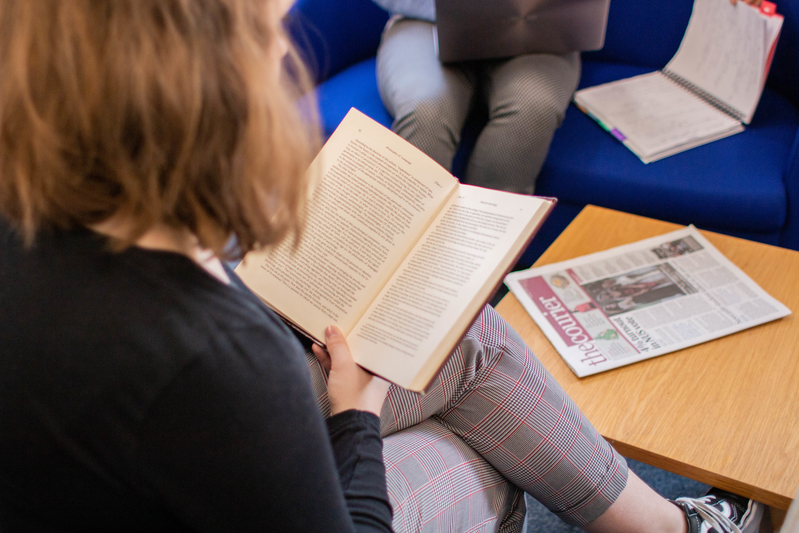
Getting started on your first university-level assessment can seem daunting. Where to begin? What to include? What’s expected? This post, in conjunction with the Your Skills First Assignment session, is designed to give you some introductory guidance on:
- Essay planning and structure
- Four key features of academic writing
- How to conquer that ‘blank page’ horror!
Getting started: two ways to confront that looming blank page…
To begin with, here are some questions to help you get going when you just don’t know where to start:
- What do I need this piece of work to do?
- What do I want to achieve?
- Is this similar to a previous task?
- What are my existing strengths and how can I apply them to this assignment?
- What have I learned from my previous work about things I need to do differently?
- Where do I work best?
- What will I do first?
Another helpful (if obvious!) place to start is by making a plan. The good news here is that keeping it simple is the best way to go. You’ll need the following key sections for most types of assessment, including essays, presentations, reviews etc.
- Introduction: 5-10% of your word count (1 or 2 paragraphs)
- Main body: 80% of your word count
- 1st main point – 20-30%
- 2nd main point – 20-30%
- 3rd main point – 20-30%
- Conclusion: 5-10% of your word count (1 or 2 paragraphs)
- Reference list/bibliography (not usually included in word count)
None of these are hard and fast rules – you might need more main sections, your introduction might need to be longer, and your percentages will not end up being this exact. However, it can be useful to have a template to help you get going with your plan.
Four key features of academic writing you should know about
The purpose of academic writing is to communicate your ideas with clarity, precision, and references to reliable evidence. The point is not to sound as fancy as possible! Your writing should be more formal than the kind of language you’d use in conversation, because we use different levels of formality for different settings. However, your markers are not looking for deliberately obscure and elaborate vocabulary. Simplicity really is the best option here (if you’ve seen the episode of Friends where Joey uses a thesaurus on every word, you’ll know why…!). Your markers aren’t looking for how many times you can throw around words like ‘therewith’ and ‘heretofore’. So, what are they looking for? Here are four key features of academic writing that we’ll be covering in the session:
- Clear, explicit aims and structure
- An identifiable argument or ‘take’ on the subject being discussed
- Evidence-based ideas and conclusions, backed up with appropriate references
- Clear and precise academic language – no abbreviations, no slang, and no waffle!
Book your place at the session to learn more about these, and to see clear, concrete examples of how they all work in practice.
Missed the session or can’t make it? The slides for all Your Skills session are uploaded on the Your Skills Sharepoint site so you can still access them after the live session has ended.
You can learn more about what the Academic Skills Team offers on our webpage. If you have any questions, please feel free to drop us a line: academicskills@newcastle.ac.uk


